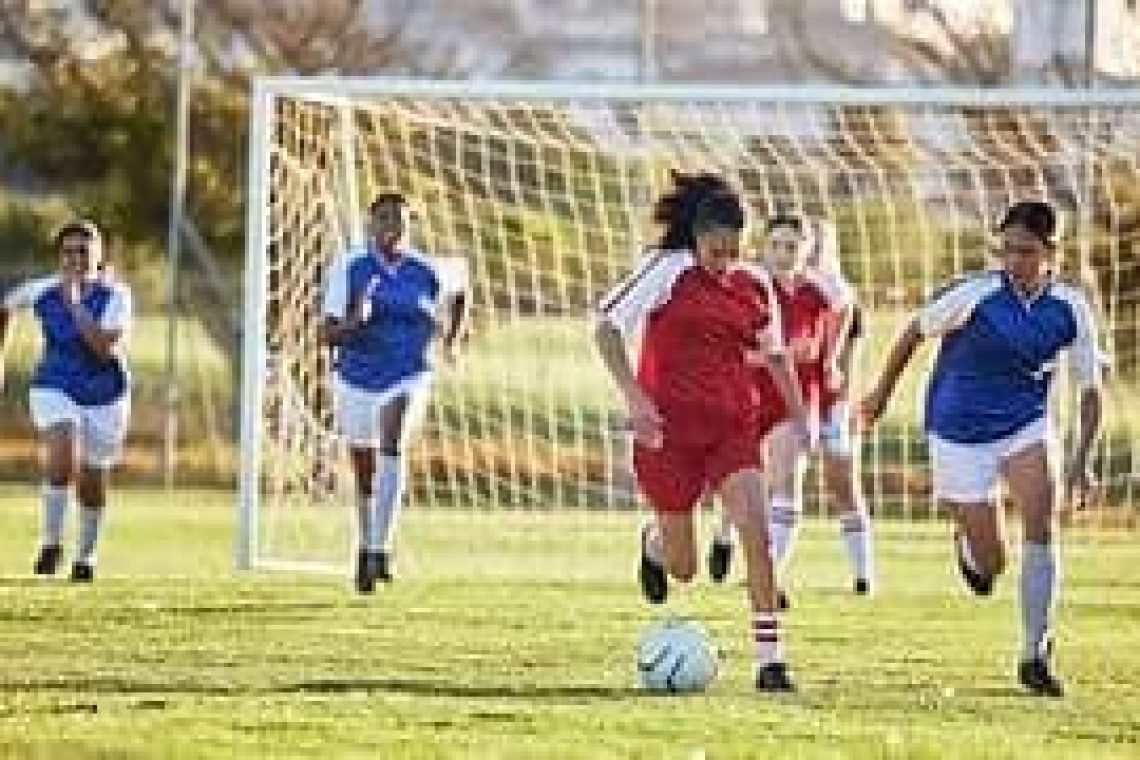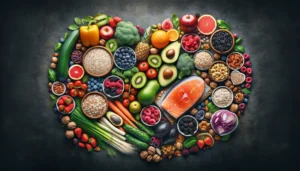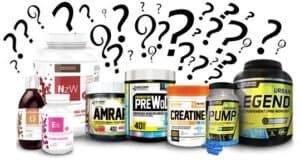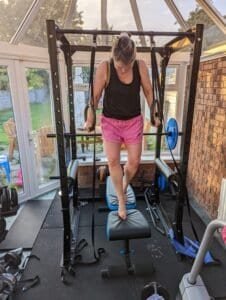Are they doing rugby, hockey, football, athletics, swimming or hurling? If so, this advice fits.
Some people are ready to overhaul their diet to significantly improve their performance and prevent illness and injury which can disrupt progression. Others will wish to change one of two things to be a little bit better than what they’re currently doing. We are all in a different mindset with this, and that’s ok. But, let me be super clear, doing 1 little thing is better than doing nothing.
At a 1-on-1 appointment with a Sports Dietitian, you can expect a comprehensive and personalized approach tailored to your specific needs as an athlete. You may wish to check your body composition too. That’s an option but not always appropriate with younger people. I mean, is it worth the risk of them developing issues with their body? Is it relevant to their training or goals? It’s a mixed bag really, sometimes we don’t do it as it’s simply not relelvant, other times we check their body composition and don’t discuss or show them the numbers and then very rarely their body composition is checked and the details are discussed.
Nevertheless, let me provide a breakdown of the key areas of focus during your session:
Online or face to face options available, and a choice of 2 clinics – city centre and Terenure.
The basics of sports nutrition
Hydration
Hydration is crucial for optimal performance. There is a guideline of aiming for approximately 35 ml of fluid per kilogram of body weight per day. You will need to adjust this based on factors like exercise intensity, environment, and individual sweat rates. You’ll need to monitor hydration status through the concentration, volume, and frequency of your
urination, ensuring you stay well-hydrated for training and recovery. Often we find people are super focused about drinking during sports, but not focused enough on drinking enough in the day before in order to head into training or a match well hydrated.

Carbohydrate
Carbohydrates are often referred to as the “king” of sports performance, and for good reason. They fuel all movement when your heart is beat fast.
You need to consume quick-releasing carbohydrates (white, low fibre carbs) before and after training to fuel your play and support recovery. For example, orange juice and a bowl of cornflakes or rice Krispies.
However, the rest of the time you’re better off focusing on slow release carbs (brown, high fibre ones). For example, an orange and a bowl of porridge or Weetabix.

With how much carbohydrate to eat gauge your carbohydrate needs based on the frequency, duration, and intensity of your training sessions. If you think of it as putting petrol into a car – we burn more petrol the further we drive, the faster we drive, and the more frequently we drive. So, you’ll burn through more carbohydrate the further you move, the faster you move, and the more frequently you move.
Protein
Understanding your protein needs is essential for muscle repair and growth. Your muscles are dying to adapt to the training you are doing, so feed them enough protein to ensure this can happen. If you wanted to go into the amount of protein you require in fine detail, it’s about 1.6 grams per kg per day. It’s ok if you need to eat more than this in order to feel full. However, it’s not necessary from a muscle building point of view.
If you’re enjoying a protein rich food like meat, poultry, fish, eggs or dairy with each meal, you’ll easily hit your protein targets.

Although many people use the likes of whey protein shakes after strength training and recovery shakes (provide whey and sugar) after training, when you’re young a pint of milk is ideal after strength training and a smoothie (milk and a few fruits) is perfect after training. It’s easy to stimulate a young person’s muscles to grow and repair so the powdered supplements aren’t needed. They’re more beneficial the older you are and the less exercise you’re doing! Plus, the food versions give you far more nutrients and nourishment.
Milk is the perfect sports drink as it provides 20g protein per pint to help your muscles repair, carbohydrate to help refuel your glycogen (stored carbohydrate) in your liver and muscles as well as water (+ naturally occurring electrolytes) to rehydrate. Milk also provides lots of important nutrients like iodine, calcium, vitamin B2, vitamin B12 and more…
Identifying Qualified Professionals
It can be tricky to discern qualified nutritionists or dietitians on social media. Key points include looking for credentials such as a registered dietitian (RD) or if a Nutritionist look for a sports nutrition registration (SENr). If you don’t know what qualifications they have, ask them. Don’t take advice from someone without the necessary qualifications. Your sport is too important to you to accept anything but the best guidance!











